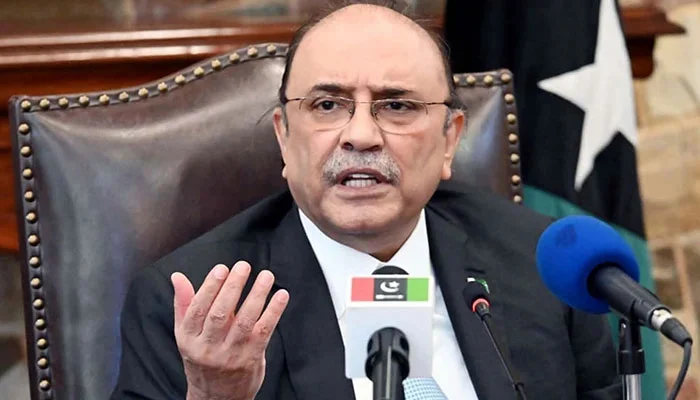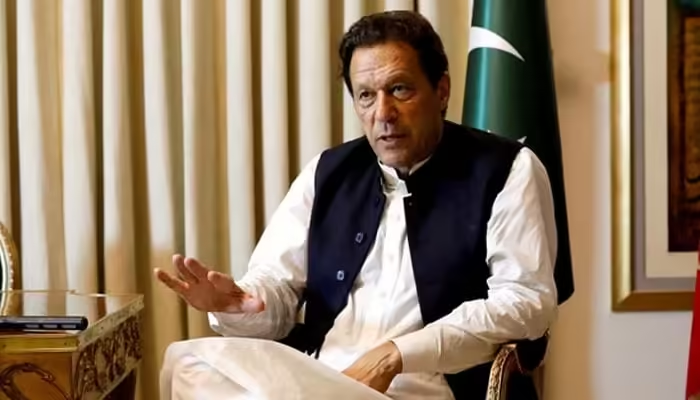The Division Bench of the Islamabad High Court has adjourned the hearing of appeals against the sentences in the Al-Azizia Steel Mills and Avenfield Apartments references of former Prime Minister Nawaz Sharif until November 29. The court, led by Chief Justice Aamer Farooq, made this decision during the hearing. The remarks made during the proceedings shed light on key aspects of the case and raised questions about the effectiveness of the judicial system in Pakistan.
Chief Justice Aamer Farooq expressed concern about the framing of charges, stating that the National Accountability Bureau (NAB) did not know what evidence was available, and the court itself was unaware of the specific roles of Maryam Nawaz in the case. Justice Gul Hassan Aurangzeb added, questioning how unexplained assets could accrue without corruption and criticized NAB for not providing information when it conducted its investigation.
The court also addressed the issue of Nawaz Sharif’s presence in the courtroom and rejected the request for an exemption from appearance, emphasizing that the court cannot issue an order without proper legal grounds. The court directed all individuals involved in the case to take their seats during the proceedings.
During the hearing, Nawaz Sharif’s counsel, Amjad Pervaiz, provided insights into the Avenfield reference, pointing out that evidence was presented before the Joint Investigation Team (JIT) even before the formation of the JIT. He discussed the scope and powers of the JIT according to the orders issued on April 20.
The Chief Justice questioned the formation of JIT and its authority. Pervaiz clarified that the JIT was constituted on April 20, and it had the power to investigate the Panama case. He mentioned that the JIT submitted its report to the Supreme Court on July 10, 2017, after which the court issued a final verdict, declaring Nawaz Sharif ineligible for the premiership.
The court also inquired about the appeal filed by NAB, to which Pervaiz responded that NAB’s appeal is currently under consideration in the court.
The hearing raised questions about the transparency and effectiveness of the judicial process in Pakistan. The court’s scrutiny of the investigative procedures and the framing of charges underscores the need for a thorough examination of the legal and procedural aspects of the case. The delay in the appeals hearing has further extended the legal battle in the high-profile references against Nawaz Sharif.



